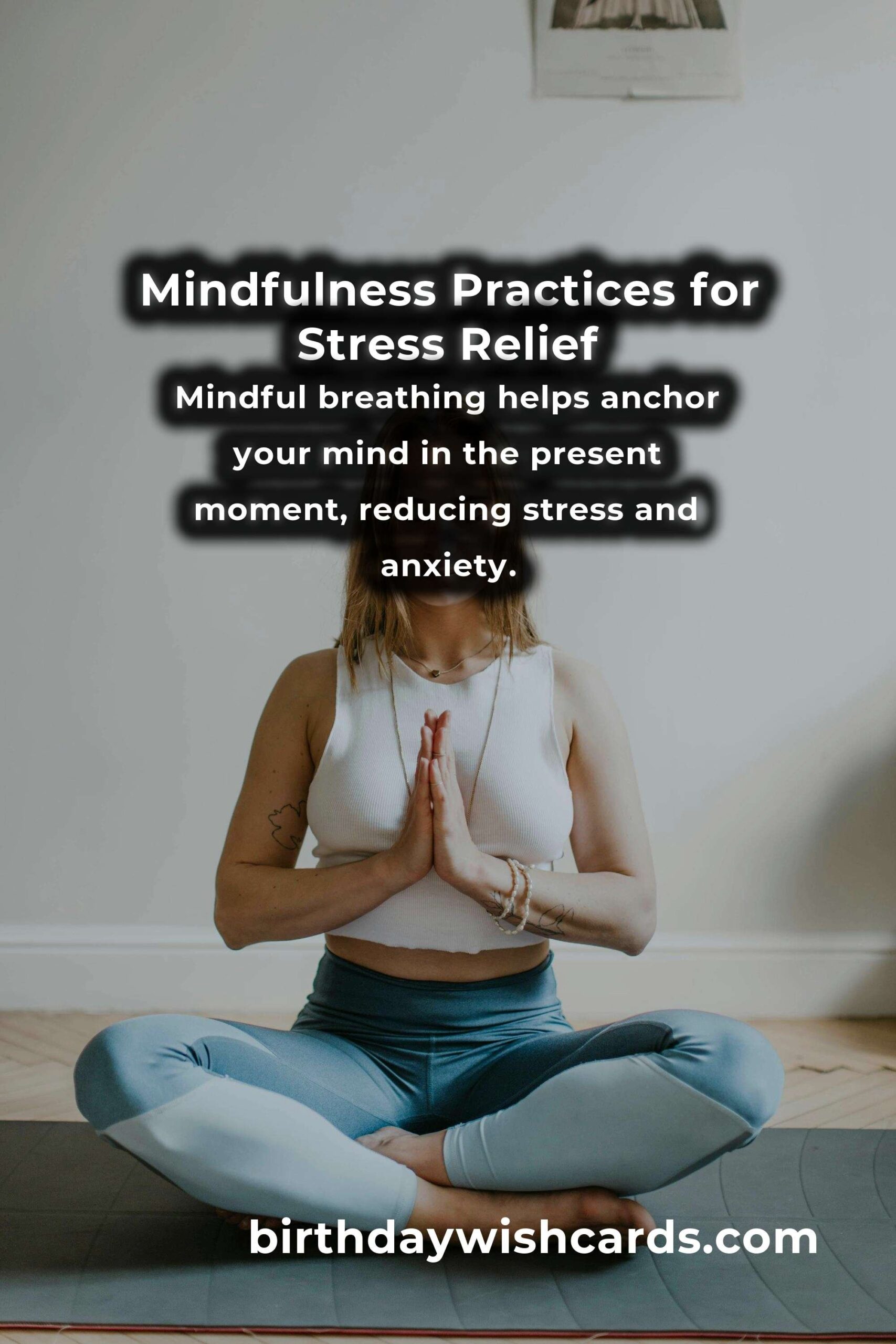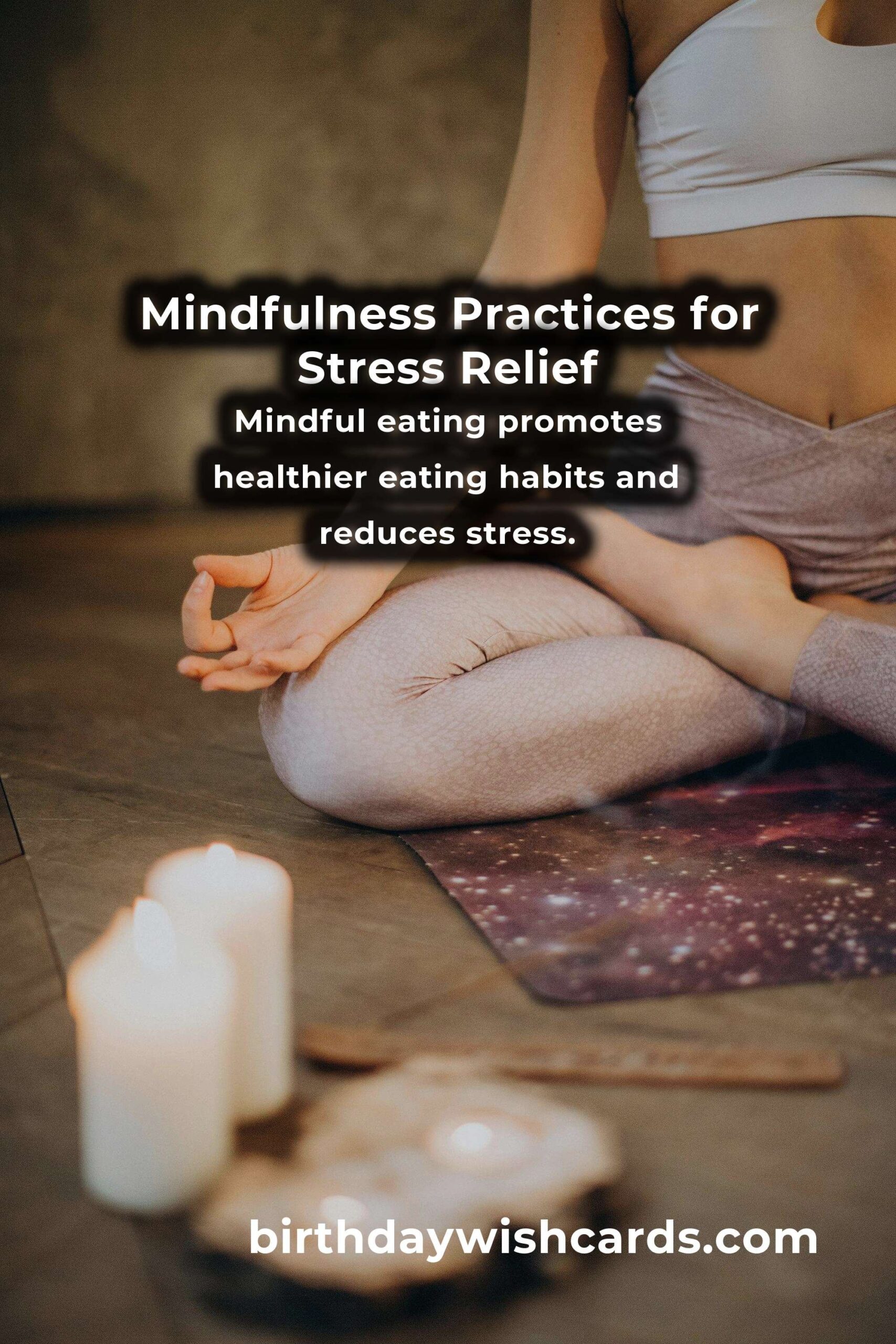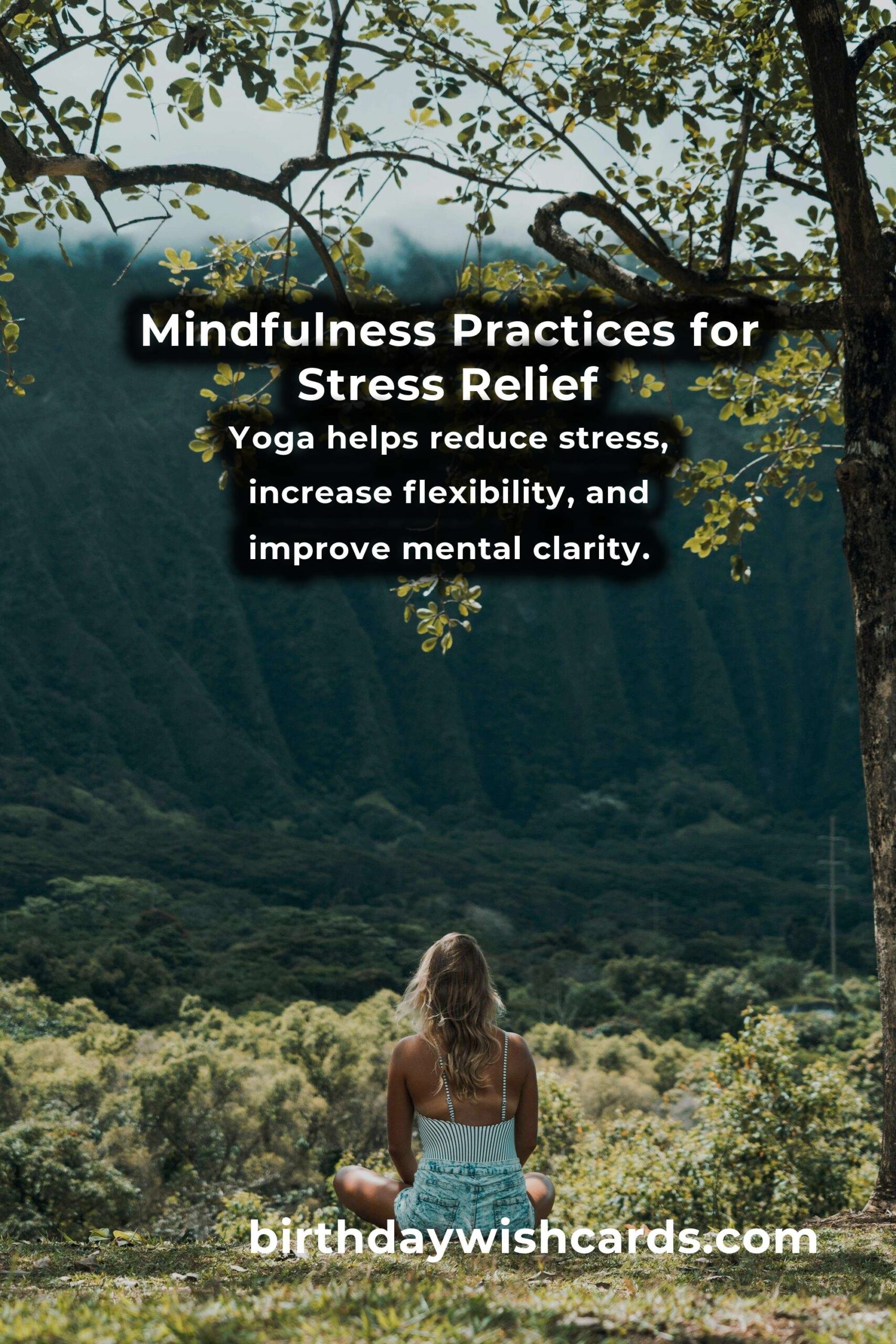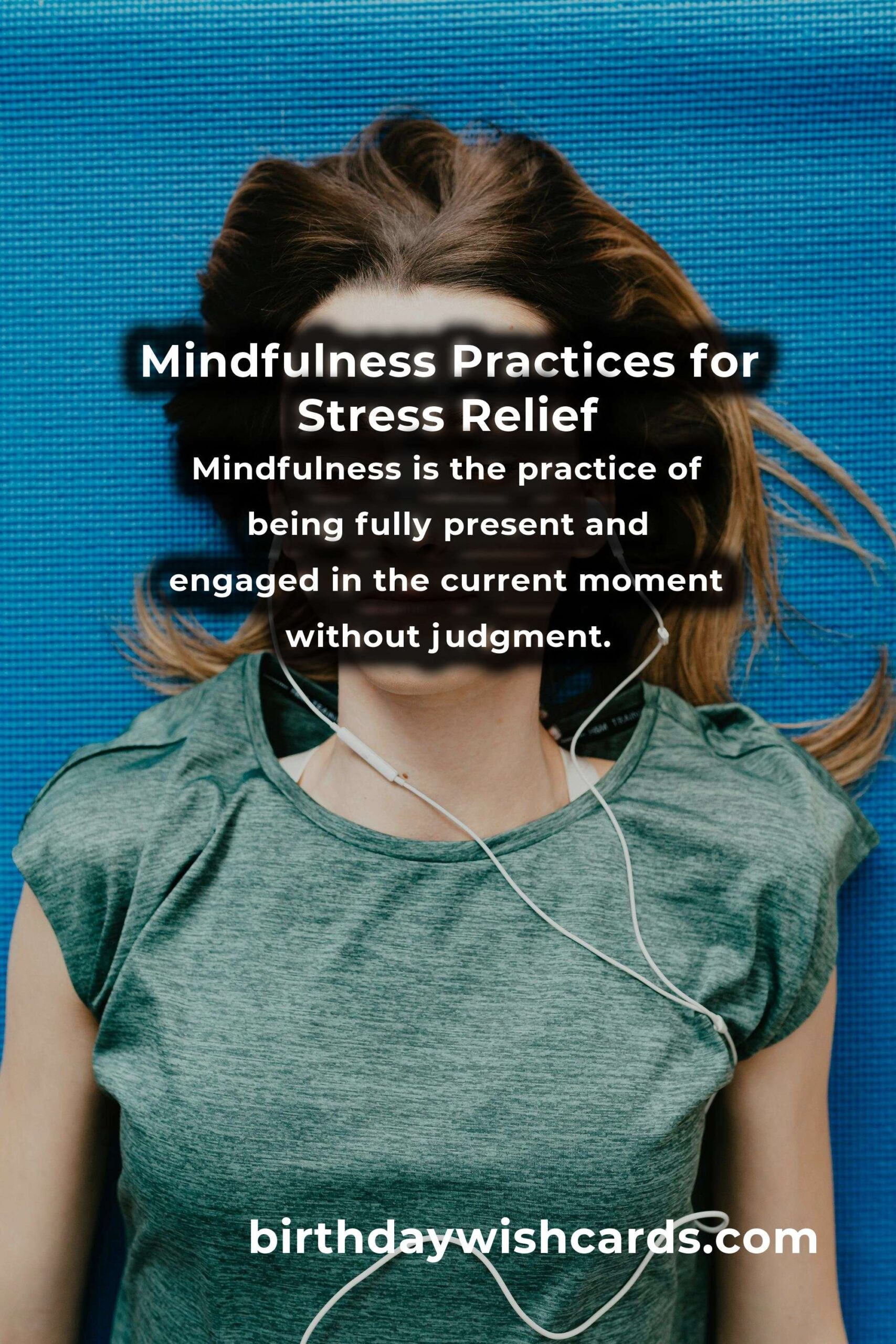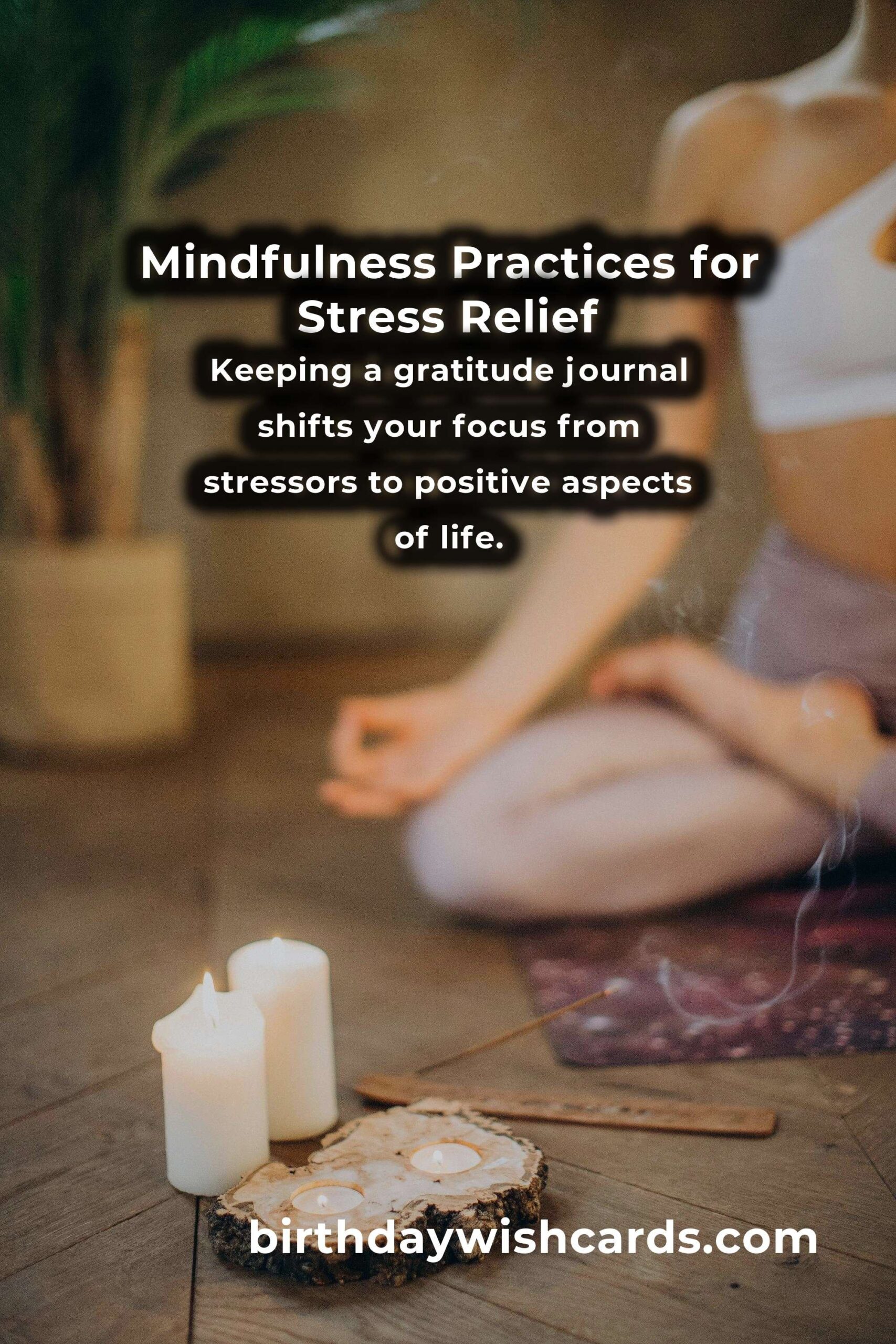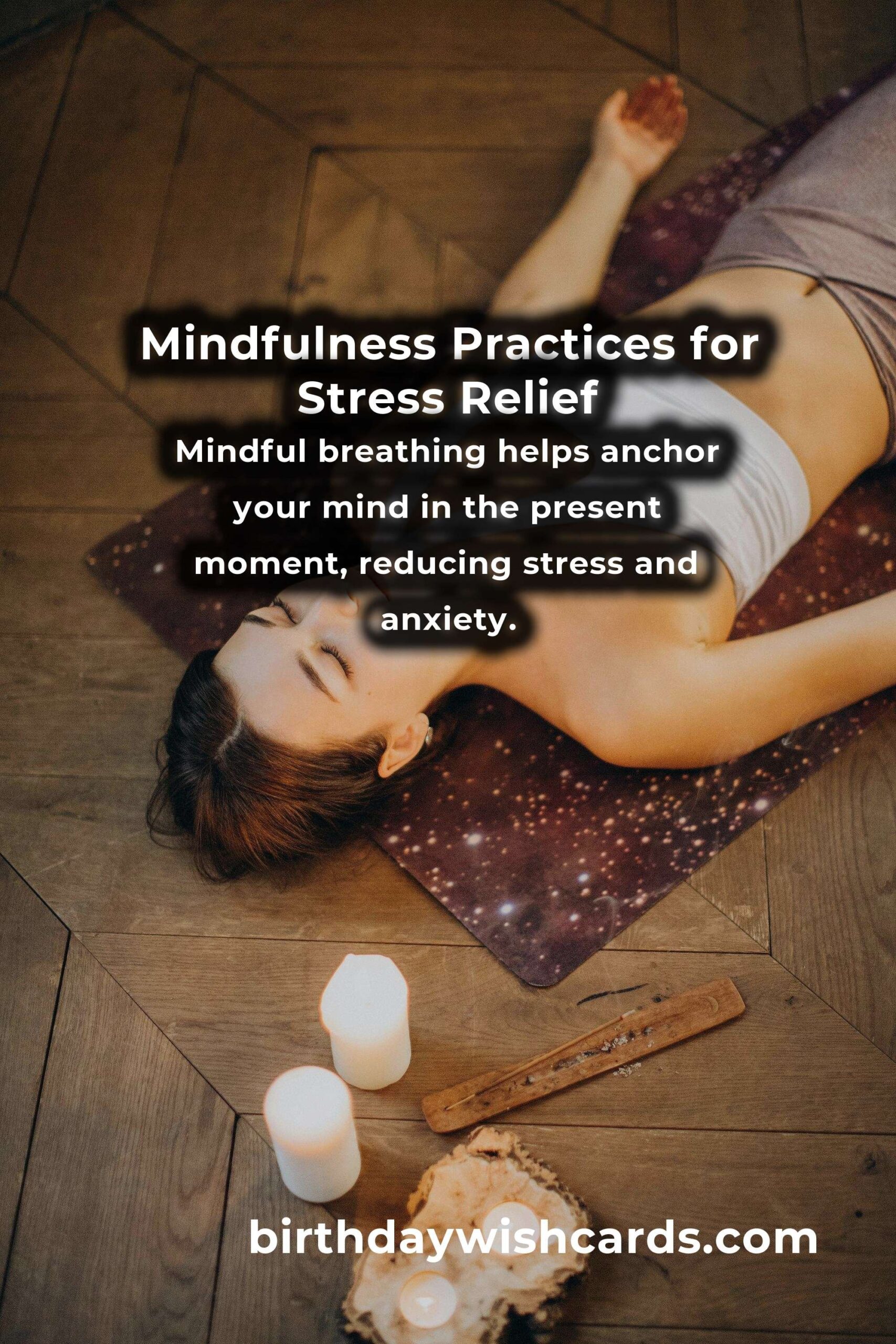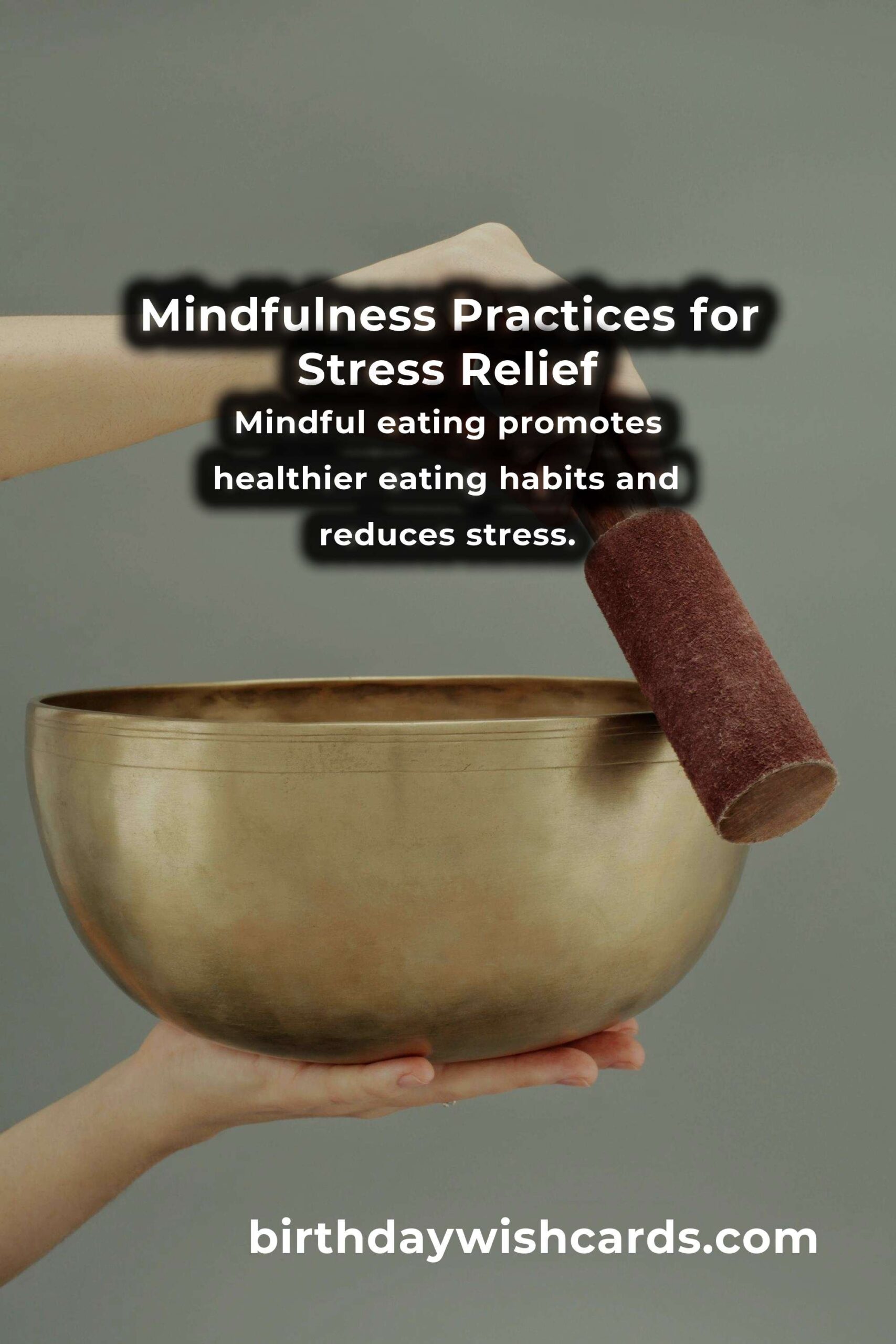
In today’s fast-paced world, stress seems to be an inevitable part of life. However, by incorporating mindfulness practices into your daily routine, you can significantly reduce stress and enhance your overall well-being. This article explores various mindfulness techniques that can help you lead stress-free days.
The Importance of Mindfulness
Mindfulness is the practice of being fully present and engaged in the current moment without judgment. It involves paying attention to thoughts, emotions, and sensations. By practicing mindfulness, individuals can cultivate a sense of peace and clarity, making it an essential tool for managing stress.
Mindful Breathing
One of the simplest and most effective mindfulness practices is mindful breathing. This involves focusing your attention on your breath, observing the inhale and exhale without trying to change it. Mindful breathing helps anchor your mind in the present moment, reducing stress and anxiety.
Body Scan Meditation
The body scan meditation is a powerful technique that involves mentally scanning your body from head to toe, paying attention to any areas of tension or discomfort. This practice helps you become more aware of physical sensations and encourages relaxation, making it easier to release stress.
Mindful Walking
Mindful walking is a form of meditation where you focus on the experience of walking. Pay attention to the movement of your feet, the feeling of the ground beneath you, and the rhythm of your steps. This practice can be done anywhere and helps ground you in the present moment.
Mindful Eating
Mindful eating involves paying full attention to the experience of eating and drinking. It requires you to savor each bite, noticing the flavors, textures, and aromas. This practice not only enhances the enjoyment of food but also promotes healthier eating habits and reduces stress.
Gratitude Journaling
Keeping a gratitude journal is a simple yet effective way to practice mindfulness. Each day, write down things you are grateful for. This practice shifts your focus from stressors to positive aspects of life, fostering a sense of contentment and reducing stress.
Mindful Listening
Mindful listening involves giving your full attention to the person you are communicating with, without interrupting or planning your response. This practice enhances relationships and reduces stress by promoting empathy and understanding.
Yoga and Mindfulness
Yoga is a physical practice that incorporates mindfulness through breathwork and movement. By focusing on the breath and being present in each pose, yoga helps reduce stress, increase flexibility, and improve mental clarity.
Creating a Mindful Environment
Creating a mindful environment at home or work can also help reduce stress. This includes decluttering your space, incorporating calming elements like plants or soothing colors, and setting aside a designated area for meditation or relaxation.
Conclusion
Incorporating mindfulness practices into your daily routine can lead to stress-free days and a more balanced life. By being present and engaged in the moment, you can manage stress more effectively and enhance your overall well-being. Start with one or two practices and gradually expand your mindfulness routine to experience the full benefits.
Mindfulness is the practice of being fully present and engaged in the current moment without judgment. Mindful breathing helps anchor your mind in the present moment, reducing stress and anxiety. Mindful eating promotes healthier eating habits and reduces stress. Keeping a gratitude journal shifts your focus from stressors to positive aspects of life. Yoga helps reduce stress, increase flexibility, and improve mental clarity.
#Mindfulness #StressFree #Wellness #MentalHealth #MindfulLiving


